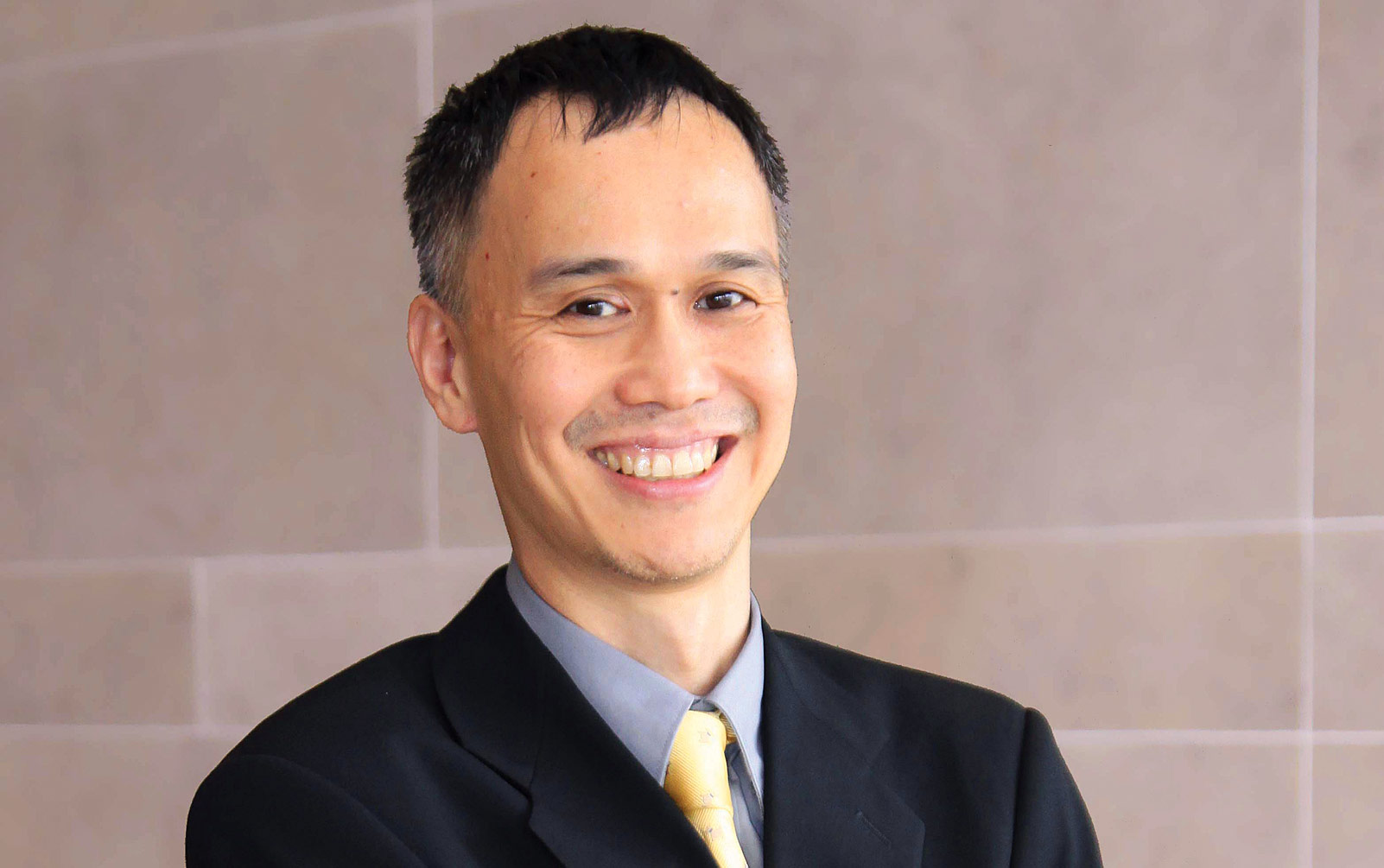
European Society for Medical Oncology (ESMO), the leading professional organisation for medical oncology organises The ESMO Asia Virtual Oncology Week which was held in Nov 2021 was represented by oncology professionals from over 160 countries worldwide, ESMO is the society of reference for oncology education and information. In her welcome speech, ESMO President Prof. Solange Peters says: “A week dedicated to oncology science and education; a week to encourage reflections on the current issues of our field; an opportunity to gain valuable knowledge and bring it back to your respective institutions, to your patients.
Dr. Ross Soo, Senior Consultant, Department of Haematology-Oncology, National University Cancer Institute, Singapore and Adjunct Senior Research Fellow, Cancer Science Institute, National University of Singapore (NUS) provides further insights in revolutionising clinical practice for lung cancer in Asia.
How is lung cancer traditionally treated, and what has changed so far? Can you share some studies?
Lung cancer treatment is based on the type of lung cancer, how far cancer has spread, or the stage it’s at. The two major types of lung cancer are non-small cell lung cancer (NSCLC) and small cell lung cancer (SCLC).
In the past, treatment options were limited to surgery, radiotherapy, and chemotherapy. Current treatment options for patients with NSCLC include surgery, chemotherapy, radiation therapy, targeted therapy, immunotherapy, or a combination of these treatments. Treatment selection is dependent on the stage of disease and the patient’s general fitness and wellbeing. On the other hand, patients with SCLC are usually treated with radiation therapy and chemotherapy and immunotherapy, depending on the stage of cancer.
Lung cancer treatment has also advanced to include the use of more sophisticated molecular testing to look for certain genetic changes that may be seen in NSCLC. These advances in treatment include the use of immunotherapy and the development of more effective targeted therapies.
What are some regulatory and financial issues affecting the progress of clinical practice for lung cancer?
Delays in regulatory approvals, low proportion of reimbursement, the lack of timely reimbursement of innovative cancer drugs, as well as the rising cost of cancer drugs have been some of the regulatory and financial issues affecting the progress of clinical practice for lung cancer.
In the case of reimbursement, a report by the Swedish Institute for Health Economics (IHE), showed that while 80% of the 38 innovative drug-indications approved by the United States Food and Drug Administration (FDA) had received regulatory approval across Asia-Pacific in 2020, only 35% of those indications were also reimbursed in the same year.
For China, this delay between approving the drug and reimbursing them can go up to three years, resulting in a great loss of patient life years.
What are some practice-changing studies that will revolutionise the way lung cancer is treated?
In advanced-stage NSCLC, specific molecular alterations with matching targeted therapy are better than chemotherapy or older generation targeted therapies. On the other hand, immunotherapy is better than chemotherapy for patients with pre-treated NSCLC while, immunotherapy with or without chemotherapy can improve overall survival compared with chemotherapy in patients with newly diagnosed NSCLC.
Separately, in the unresectable stage III of NSCLC, the use of immunotherapy with Durvalumab after the completion of chemotherapy and radiotherapy has improved survival. For patients with resected stage II-IIIA of NSCLC, immunotherapy with Atezolizumab after the completion of chemotherapy showed disease survival benefit.
Last but not least, patients with resected stage II-IIIA of epidermal growth factor receptor (EGFR) mutated NSCLC, EGFR targeted therapy with Osimertinib can improve disease-free survival.
What are some considerations needed to ensure successful adoption of new and revolutionary treatments?
To ensure the successful adoption of new and revolutionary treatments, these factors should be considered:
These barriers can be overcome through accessing the World Health Organisation (WHO)’s list of essential cancer medicines, the use of generics and biosimilars, and adopting value-based care by following evidence-based clinical guidelines. This includes using the ESMO Magnitude of Clinical Benefit Scale to establish value-based or tiered pricing, prioritize higher-value treatments, engage in value-based research to explore optimal drug dosing, schedules, and treatment duration, and to define the patient populations who are most likely to benefit through biomarker selection.
To reduce delays in regulatory approval, the Food and Drug Administration (FDA) in America has also collaborated with several other national regulatory health authorities through a common platform to facilitate faster review across participating countries. One successful initiative is the Project Orbis, which aims to give patients faster access to promising cancer treatments across the globe.




